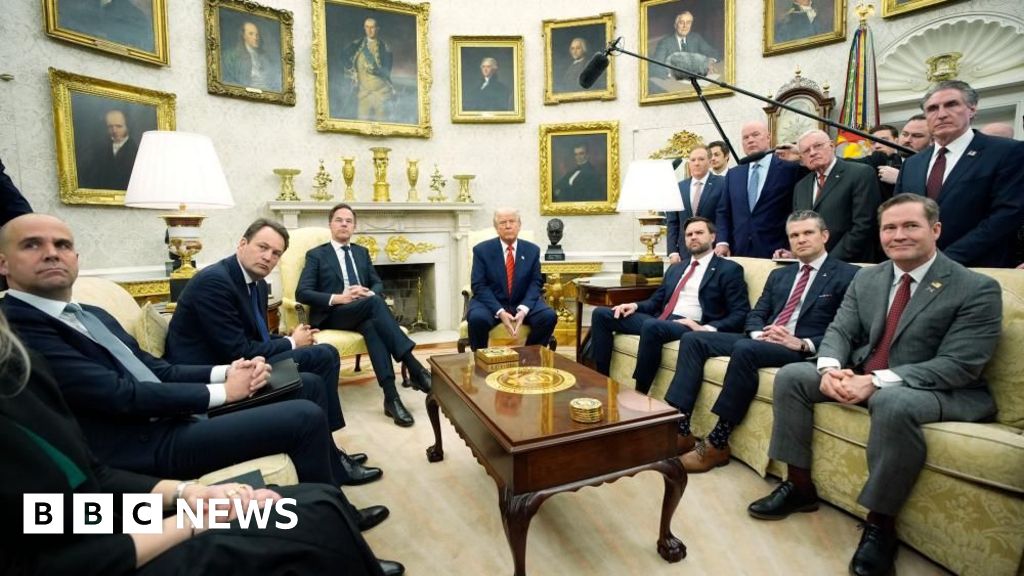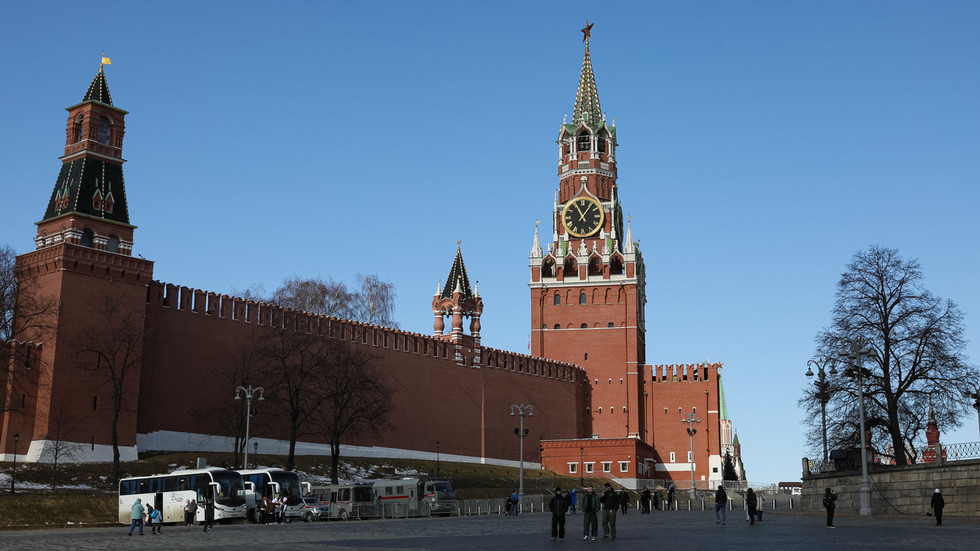
The United States Agency for International Development (USAID) has long been a central figure in
global health initiatives
, including funding research on emerging infectious diseases. One of its most significant programmes, PREDICT, launched in 2009, aimed to identify and monitor pathogens with pandemic potential. Through PREDICT,
USAID
provided grants to various organisations, including
EcoHealth Alliance
, to study viruses in wildlife and assess their potential to infect humans.
EcoHealth Alliance collaborated with several institutions, including the
Wuhan Institute of Virology
(WIV) in China, to conduct research on bat coronaviruses. This partnership involved collecting samples from bats and studying their viruses to understand the risk of spillover into human populations. The goal was to enhance global preparedness for potential pandemics by identifying and characterising viruses before they could cause widespread outbreaks.
The emergence of COVID-19 has led to scrutiny of these collaborations, with some suggesting that research conducted at the WIV could be linked to the pandemic’s origin. However, as of now, there is no conclusive evidence to support the claim that the virus originated from a laboratory incident. The World Health Organization and other international bodies continue to investigate the origins of SARS-CoV-2 to provide a clearer understanding.
It is important to note that USAID’s funding of research at the WIV was part of broader efforts to prevent pandemics by studying viruses in their natural reservoirs. These initiatives are designed to improve global health security by identifying potential threats early and developing strategies to mitigate them.
DOGE vs USAID: Why Musk and Trump Want to Shut This 'Deep State' Asset
In January 2025, President Donald Trump ordered a near-total freeze on foreign aid. Shortly after, Elon Musk announced that he and Trump were in the process of permanently shutting down USAID. Employees reported being instructed not to report to work, with USAID headquarters in Washington, D.C., closed to personnel except for essential staff.
Musk did not mince words, labelling USAID a "criminal organisation," a statement backed by Trump, who described the agency as "run by radical lunatics." This unlikely alliance has taken a wrecking ball to traditional government structures, with Musk granted unprecedented influence over federal agencies through the Department of Government Efficiency (DOGE).
Musk views USAID as a bloated relic of the Cold War, an expensive tool for foreign meddling masquerading as humanitarian assistance. To Musk, it's not about saving lives; it's about saving taxpayer dollars and limiting US involvement in global manipulation. This view resonates with technocrats in Trump’s inner circle who believe America’s desire to act as a global policeman hampers the country.
The Role of USAID in America’s Global Strategy
Founded in 1961 by President John F. Kennedy, USAID was intended to promote democracy, freedom, and capitalism through aid. Critics argue that USAID is the velvet glove covering the iron fist of US foreign policy. It funds NGOs, civil society organisations, and media outlets aligned with American interests. In places where military intervention would be too obvious, USAID steps in to "promote democracy," often interpreted as supporting governments favourable to US interests and undermining those that aren't.
According to Mike Benz, a former State Department official, USAID isn’t just another aid agency—it's the linchpin of America's global influence. USAID coordinates foreign influence efforts, acting as the central hub connecting the State Department, the Pentagon, and the Intelligence Community. Its mission, Benz argues, is not purely humanitarian but strategic: building institutions in foreign countries to align with US interests.
Reactions to USAID’s Dismantling
Not everyone supports Musk and Trump’s aggressive stance. Critics argue that dismantling USAID would be a geopolitical blunder. Democratic Senator Chris Murphy called it "the total destruction of an agency that has saved countless lives and advanced American interests for decades." Alexandria Ocasio-Cortez warned that having an unelected billionaire influencing US foreign policy poses a grave threat to national security.
Even some Republicans are uneasy. USAID has been crucial in stabilising regions where instability could lead to terrorism. Without USAID, the US loses a key tool of
soft power
, potentially leading to increased military interventions.
Geopolitical Implications: Advantage China?
While Musk and Trump focus on dismantling USAID, China is expanding its global influence through the
Belt and Road Initiative
, signing infrastructure deals and offering loans without political conditions. Where USAID withdraws, China steps in, offering an alternative development model without the strings of political reform.
The implications are significant. Without USAID, America risks losing its soft power advantage, ceding influence in Africa, Asia, and Latin America to China. While Musk dreams of Mars and Trump of domestic expansion, Xi Jinping is reshaping the global order through strategic investments.

 1 month ago
33
1 month ago
33









